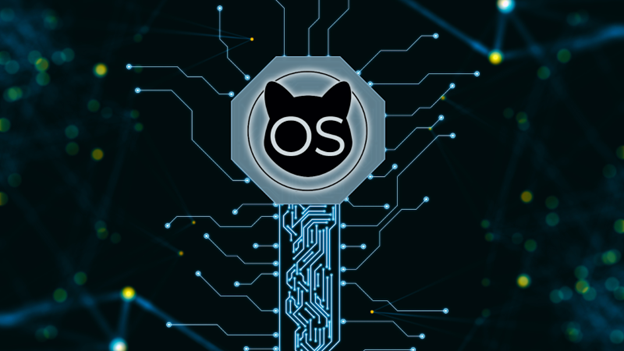0x12…qrst

Shiba Inu Operating System (Shib OS) isn’t your typical blockchain solution, but a revolution in governance. Designed for a world where trust in centralized institutions is crumbling, it offers a secure, transparent, and decentralized alternative that governments and enterprises can adopt today.
Centralized digital infrastructure is failing, exposing vulnerabilities that endanger financial stability, national security, and social cohesion.
The status quo is unsustainable. Centralized systems are inherently vulnerable to single points of failure, making them prime targets for cyberattacks.
Data breaches are becoming increasingly common, eroding public trust and causing significant financial and reputational damage. Furthermore, traditional systems often lack transparency, leaving citizens and customers in the dark about how their data is being used and how decisions are being made.
Decentralized governance redistributes power and decision-making and creates more resilient, transparent, and equitable systems.
Shib OS is designed to be a seamless, user-friendly bridge to Web3. It’s not a replacement for existing operating systems, but rather a layer built on top of them. It provides the tools and infrastructure needed to embrace decentralized governance and all its associated benefits.
Key features include:
The foundation of Shib OS is Shibarium, a secure and scalable Layer-2 blockchain built on Ethereum. This provides an immutable audit trail for all transactions and governance activities, ensuring transparency and preventing tampering.
Organizations can choose the components that best suit their needs, creating a customized platform tailored to their specific requirements. This flexibility is crucial for addressing the diverse needs of governments, institutions, and businesses.
Secure, verifiable digital identities empower users to control their own data and interact with the system without relying on centralized authorities.
Integration with leading decentralized storage solutions ensures data resilience, censorship resistance, and data sovereignty.
Streamline processes, reduce bureaucracy, and eliminate intermediaries through the use of self-executing smart contracts. This automates tasks, reduces costs, and enhances efficiency across a wide range of applications.
The heart of decentralized governance. Shib OS provides a robust DAO (Decentralized Autonomous Organization) framework, enabling:
Seamless integration with other blockchains and existing systems, ensuring a smooth transition and interoperability.
This cutting-edge cryptographic technique allows computations to be performed on encrypted data without decrypting it. This is a game-changer for privacy and security, especially for sensitive government and enterprise data.
FHE enables:
This module is presented as optional because, while highly beneficial, FHE is still computationally intensive and may not be necessary for all use cases. However, for organizations handling highly sensitive data, it’s strongly recommended.
The potential applications of Shib OS are vast and transformative. Here are just a few examples:
Secure voting systems (with FHE enabling vote counting without revealing individual votes), transparent public spending, citizen engagement platforms, digital identity management, land registry, and supply chain management for public goods.
Secure data management, research collaboration, (FHE facilitates secure data sharing and collaborative analysis without revealing the raw data) credential verification, decentralized research funding, and streamlined administrative processes.
Supply chain transparency, customer loyalty programs, (analyze encrypted customer data to personalize reward) decentralized data marketplaces, employee empowerment through DAOs, automated compliance, and enhanced cybersecurity.
Secure and transparent donation tracking, volunteer management, and impact reporting.
Shib OS is not a magic bullet. Implementing decentralized governance requires careful planning and execution. Shib OS directly addresses key concerns:
The shift to decentralized governance is not just about technological advancement; it’s about creating a more equitable, transparent, and efficient society. Shib OS offers:
The transition to Web3 and decentralized governance is not a question of if, but when. The limitations of centralized systems are becoming increasingly apparent, and the demand for more secure, transparent, and equitable solutions is growing.
Shib OS offers a pragmatic, powerful, and readily available pathway to this future. It’s a bold invitation to governments, institutions, and businesses to step beyond the constraints of the past and embrace a new era of digital empowerment.
The question now is not whether organizations can adopt this transformative technology, but whether they can afford not to. The future of governance is decentralized, and Shib OS is providing the key to unlock it, today.
The challenge is not just to adapt to this change, but to lead it.